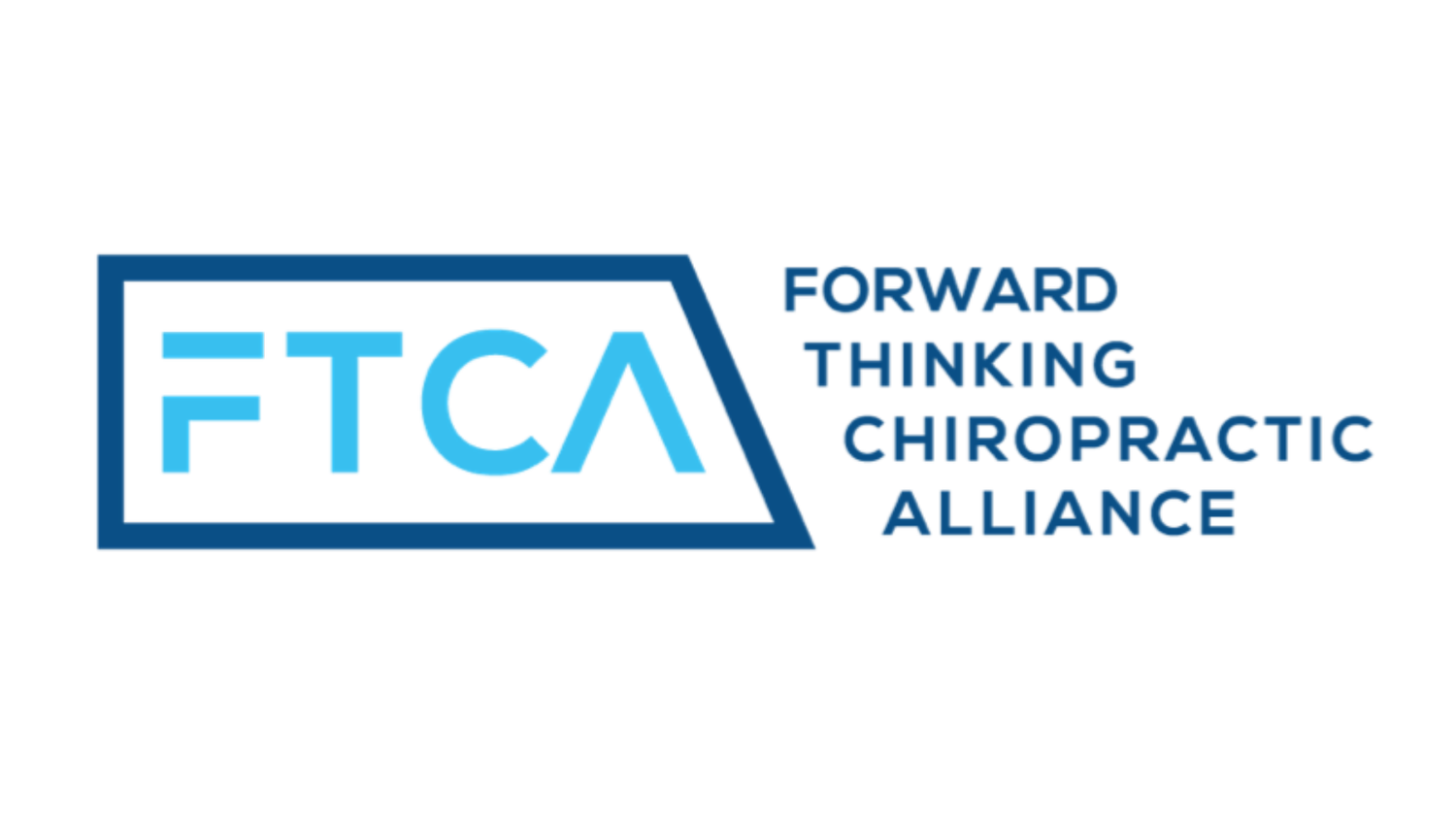Rebuttal to Dr. Beau Pierce's Article "Getting Adjusted Can Make You Smarter"
(In this guest blog post, Dr.'s Lovich and Parekh politely dismantle the false claims put forth in Dr. Beau Pierce's article linked below. We in the FTCA find that there is a serious disconnect in some corners of our profession between what evidence says, and what some colleagues say it says. The root of that problem - whether it be a poor scientific foundation, inability to properly read a scientific paper, or just plain personal motive and unethical disregard - the root of that problem only fuels the divide between some elements of the chiropractic profession and the rest of the evidence based world.
While some "straight" chiros will say that is fine, and even attack the merits and importance of evidence, they will also parade any poor evidence around as codified fact if it even hints slightly towards their preconceived beliefs. My contention is that you can't have your cake and eat it too. If you are "anti-evidence", and by that I mean not only ignorant of what the evidence is and how to interpret it, but also unable to accept it when it doesn't support your beliefs, then you can't use evidence in your favor at all. And if you do wish to utilize evidence to support your practice (as we all should), then you better take the professional responsibility to understand how to interpret it properly, utilize it correctly in a clinical setting, and properly disseminate it to the general public without spreading nonsense. - Bobby Maybee DC)
Michael Lovich DC MS DACNB CCSP & Mehul Parekh DC DACNB
http://doctorbeau.com/new-chiropractic-research-shows-that-getting-adjusted-can-make-you-smarter/
Dr. Beau wrote an article seemingly digesting and explaining the application of the results of “Manipulation of Dysfunctional Spinal Joints Affects Sensorimotor Integration in the Prefrontal Cortex: a Brain Source Localization Study,” published in the journal, Neural Plasticity, in January 2016. Unfortunately, this piece is closer to Sponsored Content or an Op-Ed piece, because Dr. Beau’s conclusions are not supported by the paper itself.
The study (Lelic et al., 2016.) was published in a highly reputable, multi-disciplinary journal. In response to this study being published, Heidi Haavik stated, “We do know that spinal function does affect brain function. There’s now solid evidence that adjusting the spine changes brain function. This is the fourth time that the effect of adjusting the spine has on the brain has been studied. This last time it was studied and confirmed by an independent medical researcher.”
The study investigated changes in the N30 Somatosensory Evoked Potential amplitudes following spinal manipulation. The N30 peak is shown to have multiple neural generators, including the primary sensory cortex, basal ganglia, thalamus, premotor areas, and primary motor cortex, and is thought to reflect early Sensorimotor Integration.
They hypothesized that spinal manipulation would reduce the N30 amplitude, and this is attributed to a decrease in strength of the underlying brain sources. The post-intervention N30 amplitude analysis supported this hypothesis, and showed a decrease in N30 amplitude compared to control groups, specifically in Prefrontal Cortex activity by 20.2 ± 12.2%. What makes this change all the more significant is the association between decreased N30 amplitude and the presence of Parkinson’s Disease. This correlation was proposed in several research studies, including one cited by Dr. Haavik herself.
From here, connections can be drawn to, “position sense error, reaction time, cortical processing, cortical sensorimotor integration, reflex excitability, motor control, and lower limb muscle strength.” In reality, this paper has shown that peripheral input can have central effects. While it does not show that adjustments make you smarter, it does show that adjustments have a neuromodulatory effect on the brain. This can be positive or negative, and it depends on the neurophysiological stability of the brain. Another shortcoming of the study, noted by Dr. Haavik, was that the changes were only tracked for a period of 30 minutes post-manipulation. From this, we cannot infer any long term changes as a result of manipulation, beyond somatosensory activation in the associated areas.
Ultimately, the claim in the title of Dr. Beau’s article, that chiropractic adjustments can make you smarter, is an inappropriate extrapolation, just like his claim that “every time we’re adjusting someone, we’re having a big, positive effect on the brain.” Lelic et al., 2016 has only shown a decrease in activity by ~20% in the pre-frontal cortex. It is unfortunate that unsubstantiated extrapolations are commonplace in certain camps in this profession, but there is a growing movement to ensure quality and an evidence based mindset for the good of the patient.
